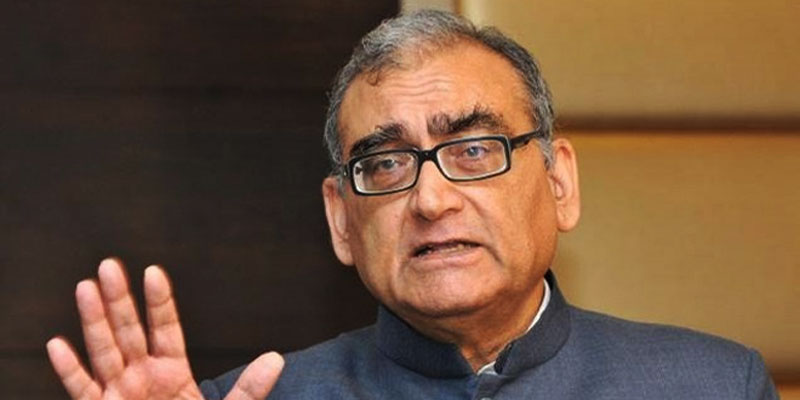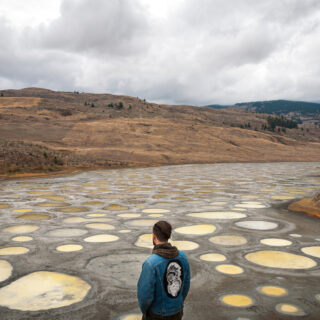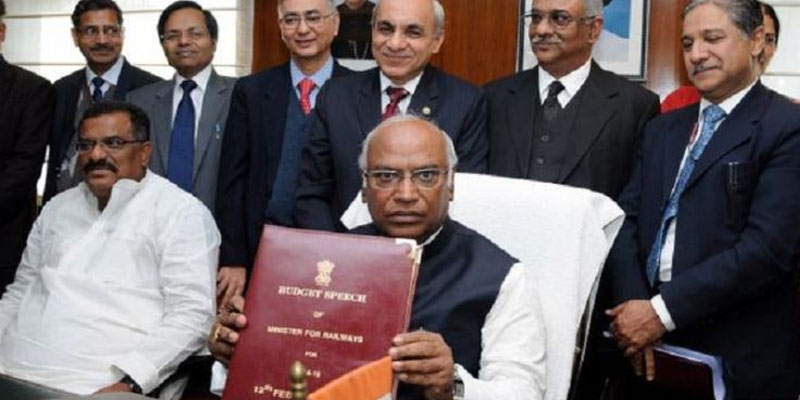Katju cites two examples pertaining to corruption in higher judiciary. But is this simply his way to steer clear his conscience?
Justice Markandey Katju has come back to sting the judiciary again. In his blog Satyam Bruyat, he has posted fresh allegations against judiciary and corruption in it.
Furthering the expose on corruption in judiciary, his latest post is regarding reluctance of Chief Justices of India to expose the corruption eating out judiciary.
Last month, he had drew an example and revealed in the process that three former CJIs had compromised with the independence of judiciary while appointing a corrupt judge to the Madras High Court. This time, Katju cited two examples pertaining to corruption in higher judiciary.
In the first instance, Katju talks about promotion of a judge of Allahabad High Court of questionable reputation.
The Press Council of India chairman wrote on Sunday: “There was a judge in a HC who had a very bad reputation about his integrity, and on this account he was transferred to the Allahabad High Court. Later, he became very senior and acting Chief Justice of the High Court.
Some people started demanding that he be made Chief Justice of some high court, and later brought to the Supreme Court.
The then CJI, Justice H S Kapadia, had received several complaints about this judge that even at Allahabad he was indulging in corruption, and Justice Kapadia requested me to find out the true facts about that judge (I was then a SC judge).
At that time I had to go to my home town, Allahabad, for attending a function. While there, I contacted some lawyers and got three mobile numbers of the agents of this judge through whom he was taking money. On returning to Delhi, I gave these numbers to Justice Kapadia, and suggested that he get these numbers tapped through intelligence agencies.
About two months thereafter, Justice Kapadia told me that he had done as I had suggested, and the conversations tapped revealed the corruption of this judge.
After this, Justice Kapadia should have called this judge to Delhi and asked for his resignation, failing which he would refer the matter to Parliament for impeachment, but he did no such thing, (though he did not allow the judge to become Chief Justice of any High Court or a Supreme Court Judge).”
The second instance mentions Justice RC Lahoti, who had found a mention in his earlier explosive blog post too. Katju writes: “When I was Acting Chief Justice of Allahabad High Court, I went to Delhi and met Justice R C Lahoti, the then CJI, and gave him a chit containing the names of five judges of the High Court who were doing shocking things. Justice Lahoti asked me what should be done? I replied that if he permitted, I would solve the problem in 24 hours. He asked how.
I replied I was going back to Allahabad by the night train, and, on reaching there, would call the Registrar General and tell him to telephone these five judges, and tell them that the Chief Justice had instructed they would not be allowed entry into the High Court premises.
The police was being posted at the gate of the HC, with instruction from me that these judges were not to be allowed entry. Their chambers had been locked, and they will receive their salary checks at home, and they need not come to the High Court. I did not want to see them inside the High Court premises as they had disgraced the high court.”
To this, Justice Lahoti said: “Please do not do this, because then politicians will get a handle, and then they will set up a National Judicial Commission,” I replied that since he was not permitting me to do this, I would not, but he may take whatever action he thought fit.
“Later, some of the five judges whose names I gave were transferred to another high court,” Ktju writes.
Katju then questions, “Most CJI are reluctant to expose corruption in the judiciary thinking that this will defame the judiciary, and so they prefer to bury corruption under the carpet, not realising that the bulge under the carpet will show. Does corruption by judges defame the judiciary, or does exposing such corruption defame it?”
Interestingly, Katju’s posts which started exploding recently are almost a decade late than the actual time of incidence. The question as to why he waited so long and now chooses to expose the matter only as “examples” is definitely debatable.
But Katju provided a non-disputable able through an interview to a television channel that “it is better late than never.”
Anyway, clearing conscience is the latest fad as proved by Natwar Singh. But what will be next? Is some action by the government in store?





